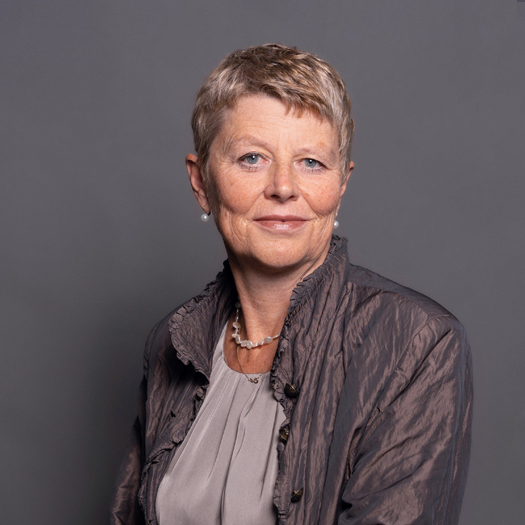ZEW Researcher Discusses MFR at High-Profile Conference
Dates and NewsThis week, Professor Friedrich Heinemann, head of the Research Department “Corporate Taxation and Public Finance” at the Centre for European Economic Research (ZEW), Mannheim, was invited by the European Commission to take part in a conference in Brussels to discuss the next Multiannual Financial Framework (MFR). Also in attendance at the two-day conference were a number of high-level policy-makers including the President of the European Commission Jean-Claude Juncker, EU Commissioner for Budget and Human Resources Günther H. Oettinger and German foreign minister Sigmar Gabriel.
The current financial framework of the European Union will expire at the end of 2020. What could and should be considered in the new MFR? In May 2018, the EU Commission will present a proposal on the future EU budget. This time, however, budget negotiations are proving to be rather difficult, with the primary challenge being finding a way to fill the hole that Brexit will leave in the EU budget. Additional costs have also arisen in new areas such as the common defence and protecting the EU’s external borders. This has led the Commission to ask for more money from the Member States – but the net contributors, in particular Germany and France, are unwilling to agree to this unless certain conditions are met.
The aim of the conference, organised by the European Political Strategy Centre, the Commission’s internal think tank, was to ease this political tension by presenting ideas for potential reforms to the MFR. With his talk on the “European added value” of EU spending, ZEW economist Friedrich Heinemannprovided the political discussion with a solid economic and scientific foundation. He pointed out the policy areas in which action on the EU level actually provides added value and in which ones it doesn’t.
“The EU needs to regain the trust of its citizens by proving it provides added value. The fact that at least a third of the Brussels budget is still being squandered in the form of transfers overwhelmingly being made to large agricultural enterprises can no longer be justified. On the other hand, more EU resources being spent on development or migration policy would save the Member States a lot of money,” said Heinemann. Heinemann’s lecture was based on a study initiated by the Bertelsmann Stiftung and conducted in cooperation with ZEW.
